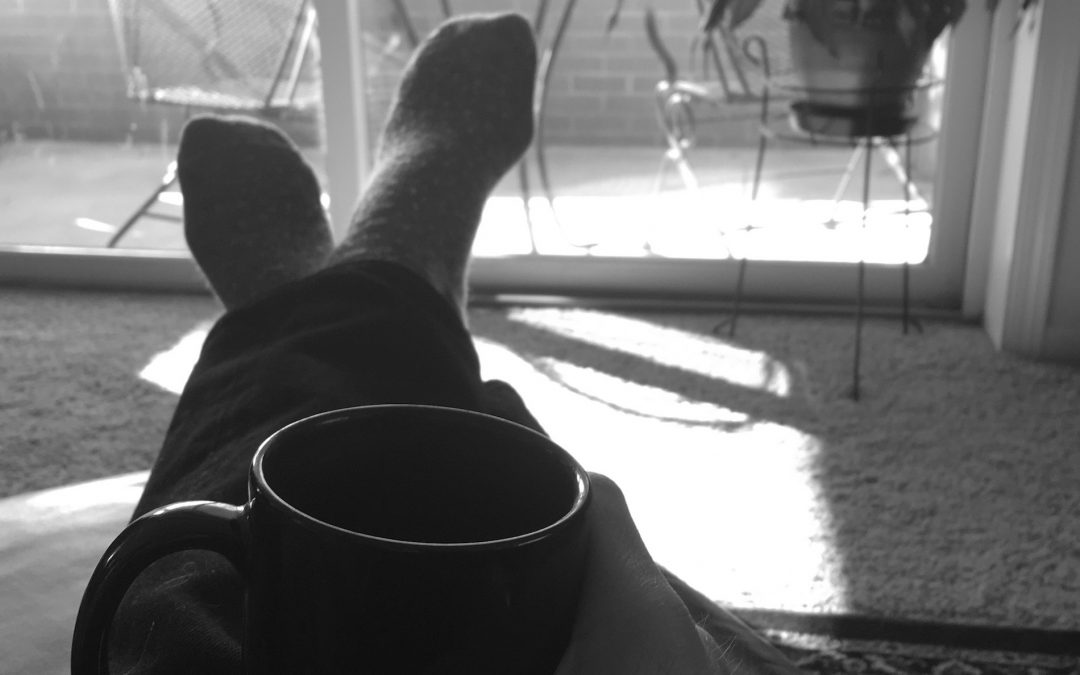This morning entering the sauna, a friend was heading out as I was heading in. We exchanged the usual pleasantries including, from him, the ubiquitous,
“So you keeping busy?”
Now, there has been much written on this idea of “busy” and its pluses and minuses. And, admittedly, the question raised my irritation level. So what did I do? I pondered, searching for what may be a deeper inclination as to why my friend felt obligated to ask this question.
After thinking, I had the idea that it may be a comparison metric on which to judge one’s self-worth. Often when asked this question, I think the point of view is from that of the askee in that if I (being asked this question) am not busy, I then feel less worthy, less valuable, less productive, less of a man, etc. etc. etc.
But what about the psyche of the asker? What of their measure of worthiness, value, manliness, etc. in a self-reflexive affirming sense. If I respond with the typical
“Yup, sure am.”
Then all is right with the world. This is because my friend believes that he also is busy, or at least should be. This is the goofy little confirmation bias that we play out internally, and then go about in search of external validation.
So with my affirming response, he can now feel good about his own busyness. It’s justified, you see? The thought goes something like: this guy’s busy too so it must be correct and good. We’re two busy, confident, productive, kick-ass dudes and that’s what matters. Here, the metric (being busy) is proved correct. But, is it really?
What if I were to answer in the negative (which I did):
“Nah, not too busy. Trying to live life and enjoy.”
Yes it could be such that busyness may actually elicit enjoyment – ok, fair enough. But I doubt, after peeling back the layers, this is actually the case. So, when met with this negation of the “good” context assumed by busyness, what is my friend to do?
Well, he can just dismiss it off-hand, perhaps not believing me. He could double-down and think that I’m worthless due to my non-busy status (this is what I believe the askee fears when responding this way). Or he could pause and consider to himself why he considers busy to be good. This would of course entail considering my non-busy position as good, and his busy position inferior in some way. This opens the dreaded box of vulnerability.
But what if it’s the case that this metric of busy is not correct, or not an accurate measure of worth, value, etc. This is the deeper question my friend is now faced with. And this very link between activity (busy) and value (dare I say self-identity) is the brittle bridge. What evidence supports this link? I grant you it is an easy one to construct. We can always be busy or busier. And particularly with regard to work (which is an often adopted, unquestioned identity and value for men), this metric just follows. So the loop of self-identity is easy and very convincing: I am what I do for a living and the measure of what I do is based on how much I do. This is especially bolstered with each “man, I’m just swamped” comment we receive.
I think by now you get the gist of this post.
I would suppose the desire for efficiency lies in the activity of doing more – being busy.
So stop and consider your narrative: I want to do more so I can do less? I want to do more so I can do more? I want to do less so I can do more?
WTF are we even thinking?! Yes, sometimes multiple things need to be accomplished and anything other than efficiency would be foolish. But what is the intention of the efficiency? If it’s to live a more fulfilled life, perhaps filling life with as much as possible is not the way to go.

